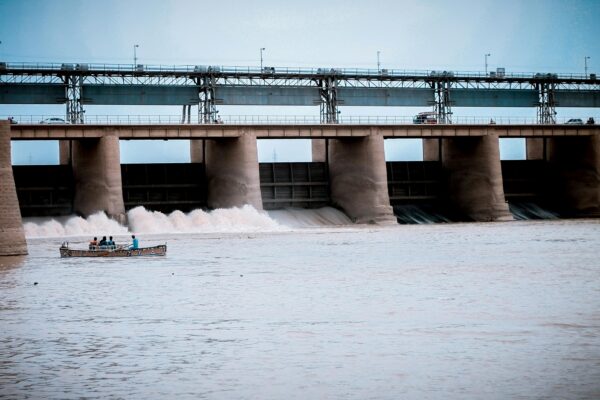By Vicki Spiers, Chair, Independent Networks Association
The Consumer Council for Water’s (CCW) support for the Department for Business and Trade’s (DBT) plans for a simplification in the licence-granting process for New Appointments and Variations (NAVs) represents more than a regulatory tweak; it signifies a potential sea change in how we approach competition and innovation in the water sector. As Chair of the Independent Networks Association (INA), I see this as a pivotal moment that could reshape our industry, enhance customer service, and drive local growth.
The Need for Simplification
The current process for NAVs to obtain licences is cumbersome and repetitive, creating unnecessary barriers to entry and stifling innovation. Each new connection, regardless of size or geographical location, requires NAVs to navigate a complex administrative process. This not only hampers the ability of new players to enter the market but also places an undue burden on established companies seeking to expand their services. The CCW’s proposal for a national licensing regime is fresh air that promises to cut through this red tape, reduce costs, and streamline administrative steps.
Fostering Competition and Innovation
At INA, we have always championed competition as a catalyst for innovation and improved customer service. NAVs are at the forefront of connecting new developments to our essential water and sewerage infrastructure. By removing the barriers they face, we can unlock their potential to innovate, provide value, and enhance the customer experience. A streamlined licensing regime will facilitate easier market entry for new companies and enable existing NAVs to focus on what they do best: delivering quality service to consumers.
The Broader Impact on Consumers
The implications of the DBT proposal extend far beyond the industry’s operational aspects. Simplifying the licence-granting process has the potential to benefit consumers directly through improved service levels and financial incentives. Moreover, the call for a single social tariff to support householders uniformly across the country is a commendable step towards fairness and equality. Currently, the lack of formal financial support for NAV customers, especially vulnerable ones, is a significant oversight that needs addressing. Ensuring that all NAVs commit to matching or exceeding the service levels of incumbent wholesalers is essential for consumer protection and satisfaction.
A Call to Action
As we stand on the cusp of potentially transformative changes in the water sector, it’s crucial for all stakeholders to embrace this opportunity. The simplification of the licence-granting process is not just a matter of regulatory efficiency; it’s about setting the stage for a future where the water sector is more responsive, innovative, and competitive. At INA, we are committed to supporting these changes and advocating for a water industry that serves the best interests of all its consumers.
We support the DBT proposal and work together towards a more accessible, efficient, and equitable water sector. The time for change is now, and it is up to us to seize this moment and chart a new course for our industry.


